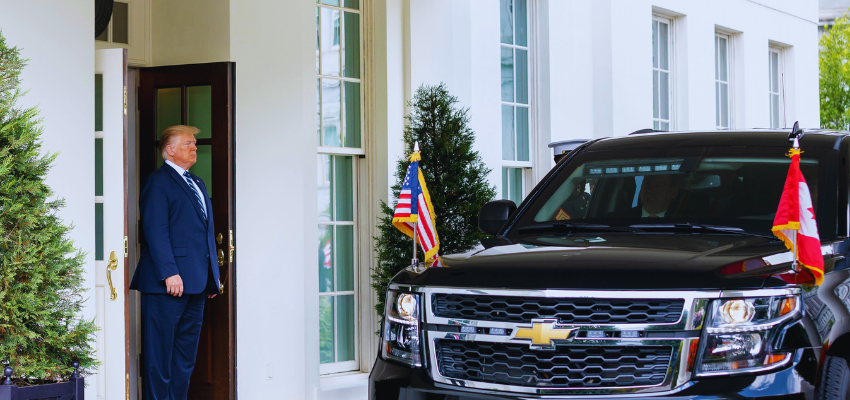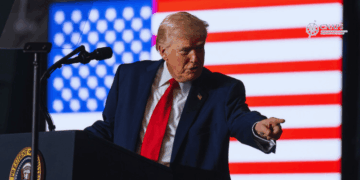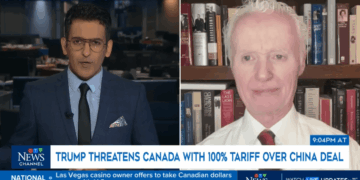This article originally appeared in iPolitics.
By Rob Huebert, January 20, 2025
Donald Trump will, once again, be inaugurated President today. Frightening trends in his vision for the world have already emerged.
He has publicly commented on the possibility of Canada becoming the 51st state. He called on the Panama Canal to be “returned” to the United States. And he refloated an idea from his first term to “buy” Greenland. Anyone that understands American history will recognize that such commentary fits the ideals of “manifest destiny”.
In the 1800s many Americans believed that the United States’ destiny was to take over the North American continent. This was supplemented by the Monroe Doctrine that stated the United States would be the “only power” to hold sway in Central and South America. In effect, the United States would control the western hemisphere.
But while the United States invoked its “manifest destiny” over much of the Mexican empire in the 1800s by the 1900s it did not seek to absorb either Canada or what remained of Mexico. With the end of the Cold War, it also became tolerant of Central and South American governments seeking independent policies.
On top of Trump’s apparent return to the ideals of manifest destiny is his isolationist view regarding European security. Trump campaigned on the promise of “ending” the war in Ukraine. While he wraps this promise on the need to end the bloodshed, it is increasingly clear that his vision to end the war is allowing Russia to retain the territory it has seized since 2014. There is a possibility he is preparing a Sudetenland “solution” akin to what Chamberlin and Daladier offered Hitler regarding territory Germany tried to seize from Czechoslovakia in 1938 before the Munich Settlement.
At the same time Trump now wants NATO nations to spend 5% of their GDP on defence. This is about 1.5% higher than the current American expenditure of about 3.5% which suggests that 5% is not about the allies pulling their weight but is a means by which America could justify their withdrawal from NATO. Claiming that the other NATO countries are not meeting this unilateral American requirement could be used to withdraw from the treaty.
Allowing the Russians to keep their gains in Ukraine and an American withdrawal from NATO means Russian predominance in Europe. This signals a return to the principles of “spheres of influence” in which the world is divided among the “great powers” – the US over North and South America and Russia over Europe with an remaining question of who control Asia – China or the US.
Connect these two Trumpian trends – manifest destiny and spheres of interests – and a clear picture emerges of how he wants to reshape the world. Add in his vow to return to protectionism based on the wide use of tariffs and we see his intent to return the world to a return of a mercantilism, in which the dominate powers are the main beneficiary of international trade.
Canadians are troubled by this. Since the end of the Second World War Canada has seen in its interests realized in: free trade; an international security environment based on collective security; and a Canadian-American partnership where Canada was the junior but respected partner.
In an increasingly Trumpian international system, Canada as we know it will disappear. The prosperity of an open economic trading system will be gone; the protection of an international security system defended by an alliance of like-minded states will be over; and Canada will need to align its policies and actions with the United States regardless of Canadian’s preferences.
A “new world” based on a renewed American “manifest destiny” for North America and adherence to a division of the world into “spheres of influence” is one in which Canada will face severe challenges to its interests and values. While one hopes these are only Trump’s ramblings, Canada needs to develop a much more serious and coherent response in the event that he moves on all of these “thoughts.”
Rob Huebert is a full professor in the Department of Political Science at the University of Calgary, the Interim Director of the Centre for Military, Security and Strategic Studies, and a senior fellow at the Macdonald-Laurier Institute.








